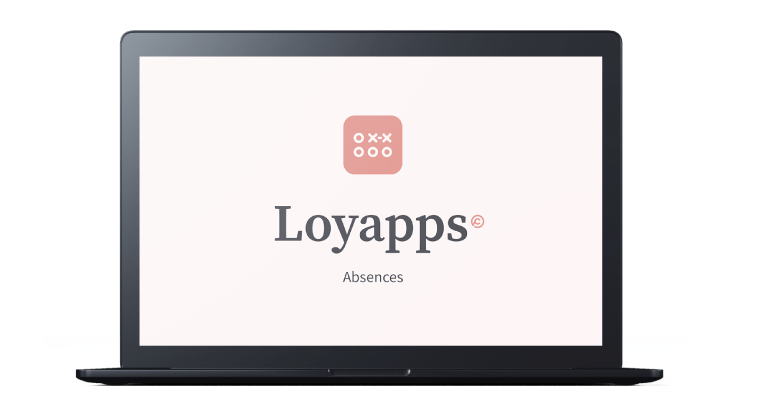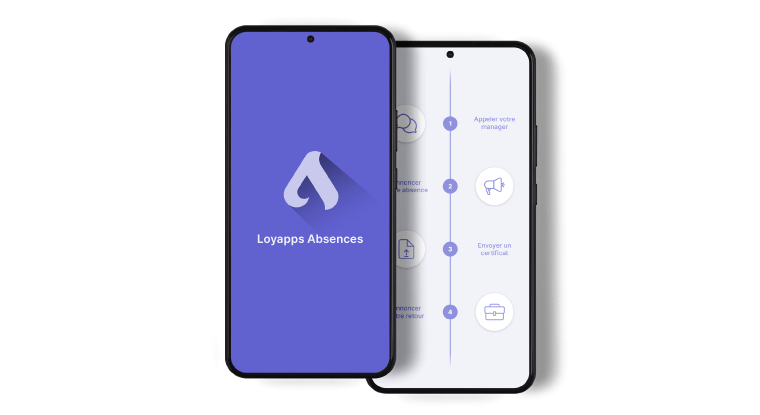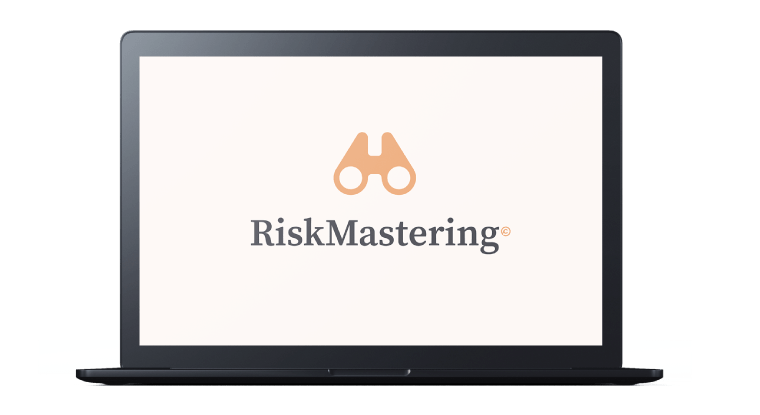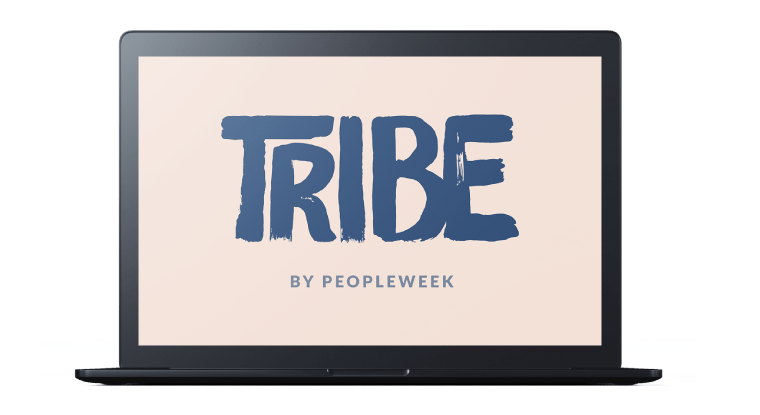
Mediation: a precious tool for workplace conflicts
Workplace conflicts are the primary source of sick leaves related to psychological causes, says a recent study by SWICA. It is important thus, for employer and employee alike, to identify and manage them accordingly. Mediation is a renowned tool to face those situations. But when and how to activate it? Michel Paillard,co-founder of Umanize and certified FSM mediator, gives answers.
If a conflict ensues between colleagues, when does mediation become a relevant solution?
First of all, let’s remember that setting up a conflict management device has multiple advantages: psychosocial risks prevention, productivity improvement and reduction of judiciarisation and mediatisation of the conflicts. This is why conflicts «gain» to be detected as early as possible. Managers, HR, occupational physicians, staff representatives, internal and external trust persons, are all different actors that can be considered as whistleblowers. They make it possible to react as quickly as possible! First, in a preventive way, in identifying weak or moderate signals of conflict. Then, in a curative way, in identifying strong indicators, such as absenteeism,turn-over, decline in production, or verbal or physical aggression. Once a conflict is identified, action is needed!
What steps must a company undertake to work with a mediator and how does it choose the one best adapted to the situation?
The mediator is one of the main actors in the conflict management device. Their experience in the specific field of workplace conflict management, their legitimacy and probity are key elements in the choice of the mediator*. They can be solicited at any time; particularly to evaluate if mediation is the right tool in a given situation. It is important indeed, to identify its possible risks during the implementation, usually in terms of instrumentalisation. It is sometimes more useful to reaffirm the rules for cooperation to follow, to start a disciplinary process, to mandate an audit or a coaching. Once a mediation has been decided upon, there is need to define:
- a communication plan: who has to be informed? In what way? by who? How?
- how the process will be carried out: where shall the meetings take place? Who attends them?
- a formal contract with the consultant. For how long? How many meetings? What costs? What level of confidentiality?
*the certification and acknowledgement by the Fédération Suisse des Médiateurs ensures those objective elements.
What advantages does mediation have against an internal conflict management?
It all depends on what a company has already set up. Ideally, if an internal conflict management device exists and enables to act preventively, an external mediator will guarantee the required neutrality and impartiality to analyse the different situations. They may also provide an objective and confidential vision to support the internal actors cited above, during supervisions for example. Its activation will mainly be indicated to solve «conflicts of interest», that can occur in companies, between actors and stakeholders.
To learn more
- Read Michel Paillard’s article in Jobeo (In French) Des conflits? Pensez à la médiation
- Discover the Matin’s article about SWICA’s study (In French): Les conflits au bureau: première cause d’arrêt de travail d’origine psy

















